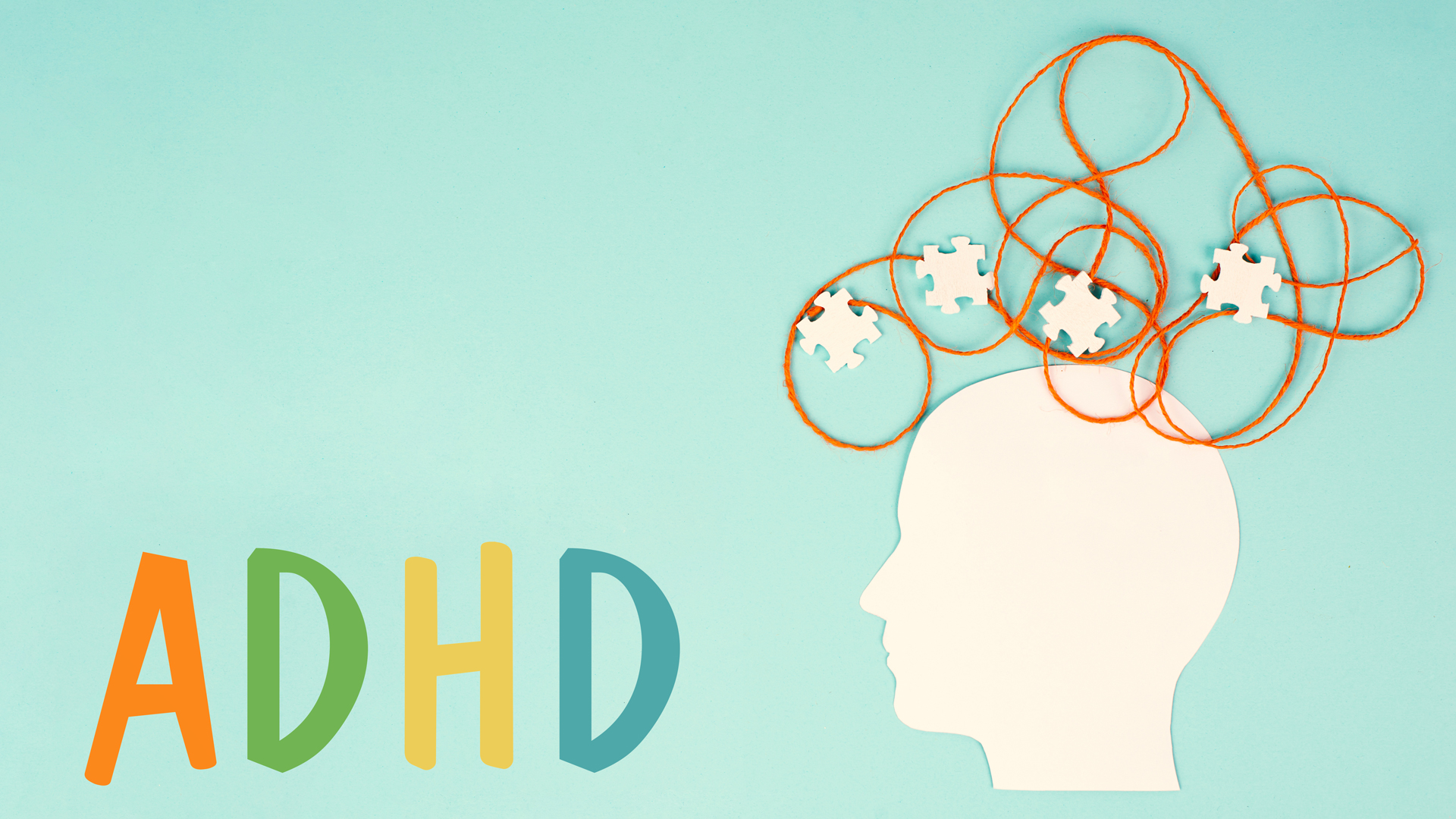Leanne Maskell on what skills L&D can promote to help managers support and nurture people with ADHD
As attention deficit hyperactivity disorder (ADHD) has only been diagnosable in UK adults since 2008, our society is currently seeing the number of people being diagnosed rising rapidly. Although waiting lists for NHS assessments can be up to seven years long, employers can foster ADHD-inclusive workplaces by ensuring ADHD is understood, supported, and harnessed at work, regardless of diagnosis.
What is ADHD
Attention Deficit Hyperactivity Disorder is a neurodevelopmental condition associated with symptoms of inattention, impulsivity and/or hyperactivity. Although it can present challenges in the workplace, such as emotional dysregulation, organisation and focus, ADHD is also linked with many strengths such as creativity, curiosity, and unique problem-solving abilities.
Learning and development can promote these key skills to enable employers and employees to empower their colleagues and nurture ADHD-inclusivity at work.
1. Active listening
Listening is an incredibly underrated skill. By training managers to listen more than they speak, especially in relation to people with ADHD, they can help the person stay on track with their core focus of the conversation, instead of getting distracted by other thoughts and ideas. This can help people to feel validated, heard, and seen in the workplace exactly as they are.
Active listening can include asking open-ended questions that build on what you hear, followed by summarising back to a person what they’ve said, checking you’ve understood properly. If you’ve met one person with ADHD, you’ve met one person with ADHD, as no two persons are alike. Symptoms can also manifest differently in different situations, such as being hyper-focused on topics of interest, but struggling significantly with concentration in others. Helping employees to look beyond their unconscious biases by actively listening to an individual can help them to understand their colleague and how to best support them.
Training employees to focus on strengths, instead of weaknesses, and to provide reassurance, can lead to an ADHD-inclusive working environment where people can thrive
2. ADHD coaching
Promoting coaching skills through the lens of ADHD can be extraordinarily beneficial for managers, who can adapt the traditional ‘coaching model’ to meet individual needs whilst reaching efficient outcomes. As people with ADHD can struggle with conceptualising outcomes, being able to ask the right questions and break goals down into ADHD-friendly actions, with added accountability, can help them to ‘do what they know’.
This is particularly useful for situations such as when a person discloses ADHD in the workplace, where it’s often unclear what they want to happen next. Having a coaching mindset can help us to collaboratively move past the ‘now what?’ stage together in a way that works for everyone.
3. Vulnerability
Talking about ADHD can be challenging for everybody in a workplace. For example, it can often be seen as an ‘HR thing’ by managers who feel uncomfortable with the idea of getting something ‘wrong’. As ADHD impacts the way a person thinks, it makes them very different to manage from neurotypical people, and it can’t be boxed into one ‘HR process’ – ADHD is ongoing and part of what defines a person.
By training employees to be comfortable with their difference and sharing their own experiences, they can empower others to do the same. L&D can foster this by providing opportunities to ask questions confidentially and/or anonymously, for example – nobody is expected to be an ADHD expert, and we’re all learning!
4. Communication
Training employees in differing communication styles can be extremely helpful to promote an ADHD-inclusive culture. People with ADHD can be prone to overthinking or rumination, which can be easily avoided with reassurance and clear, written expectations. They can also take things very literally and struggle with Audio Processing Diso.rder (APD), which can lead to misunderstandings.
Training employees with communication skills adapted for our hybrid ways of working can benefit everybody. For example, setting SMART goals for work, agendas for meetings, and having a way for people to easily raise any questions without fear of being ‘annoying’ can be highly effective.
5. Strengths-based approaches
People with ADHD can struggle with Rejection Sensitive Dysphoria (RSD), which can be an intense emotional reaction to real or perceived rejection. This can make things like receiving constructive feedback or making mistakes highly stressful.
Training employees to focus on strengths, instead of weaknesses, and to provide reassurance, can lead to an ADHD-inclusive working environment where people can thrive. Understanding how RSD impacts a person and what can support them, such as providing feedback in a written format with processing time before talking it through, can remove the stress completely.
Proactively providing new opportunities for people to utilise their strengths can help them to reach their full potential, encouraging creativity, connections and mentorship within an organisation. In a working environment where mistakes are embraced and learning is encouraged, everybody can be supported to work to their strengths.
6. Adaptability
As in countries like the UK ADHD is a disability triggering legal duties on employers to make reasonable adjustments under the Equality Act 2010, this might mean changes to ways of working. Doing things differently presents a great opportunity to improve processes at work, however change can be daunting for people who are uncomfortable with adapting their behaviour.
By promoting the skills of adapting to new environments, curiously testing out new strategies and confidently embracing ‘failure’ to try again, employees can become resilient and empowered in supporting each other at work. This is especially important for a post-pandemic world, where things are constantly changing.
Being diagnosed with ADHD can cause a huge shift in identity and come with many unknowns, such as the possibility of medication. Having a supportive, accepting and adaptable working environment can support employees to stay grounded at work and thrive because of their ADHD, not in spite of it!
Nurturing an ADHD-inclusive workplace with these key skills can benefit entire organisations. Environments where people are supported to bring their whole selves to work, celebrated for who they are, have equal opportunities to reach their full potential, and support each other through challenges is a win-win for everybody.
Leanne Maskell is an ADHD coach, director of ADHD Works and author of ADHD: An A to Z.




